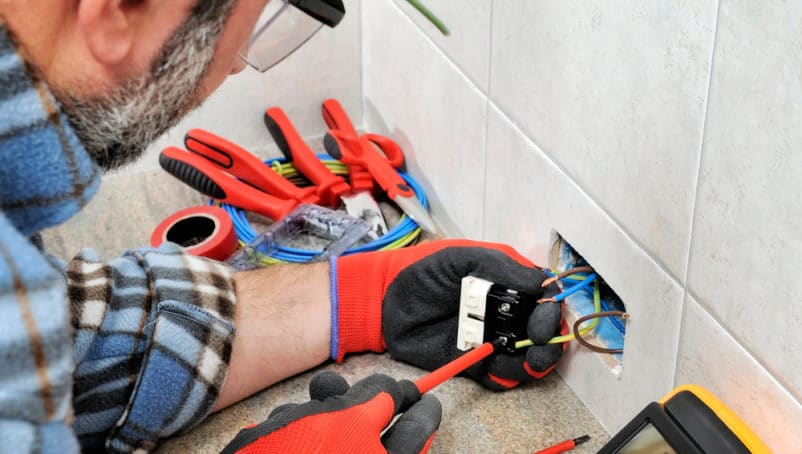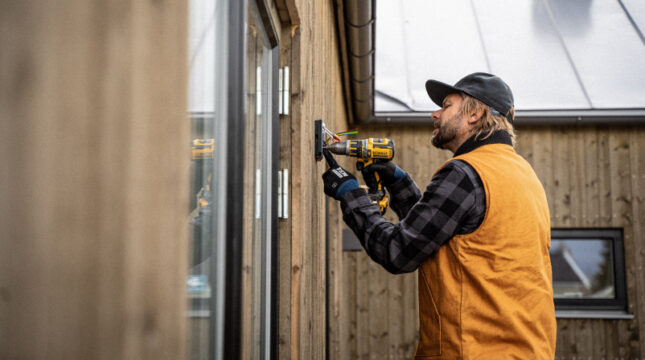Working as an electrician requires years of specialized training. But winning electrical bids takes special skill as well.
Knowing how to give good price estimates that attract clients, leave them satisfied and turn you a profit is essential to succeeding as an electrician — so here are a few tips that can help.
Choose the right opportunities
Before you start bidding on electrical jobs, make sure you’re bidding on opportunities that are right for you. Are you a solo electrician who focuses on small wiring jobs for private homes? Or are you a team of ten doing big installations at complex sites? Are there special permits involved?
Being realistic about your interests, qualifications, resources and availability will help you filter out jobs and find the ones where you’ll do your best work.
Understand the requirements
When you have a potential electrical job, you should first get as much information as possible.
Talk to the prospective client over the phone and figure out their needs, requirements and any potential complications for the job. For example, older buildings can be much more complex to work on. You should also find out if the job requires extra work involving drywall, paint, HVAC, plumbing or other tasks.
It’s crucial to find out the required permits. You can add these fees to your bid if you need new permits. Check with local authorities to ensure your electrician insurance meets their requirements.
It’s a smart idea to make a site visit to meet the client and confirm you can take on the job. Make a list of what needs to be done and take pictures if needed. You can also request a blueprint for the building.
At this point, many clients will ask to see proof of your electrician insurance, license, certifications, references and proof that you have all required local and state permits.
Create a realistic estimate
After gathering information about the electrical job and making a site visit, it’s time to review the information and put together the estimate.
The price of your estimate is made of three main factors: the amount of required labor, materials and any other costs.
Consider what kind of crew you need for the job and whether you’ll need to bring subcontractors and special equipment.
When estimating time, know that while overpromising may win electrical bids, it could also leave a customer unhappy when your work takes longer than expected. It’s usually wiser to be honest and add extra time for unexpected delays.
Once you have a time estimate, multiply it by your hourly rate, and the rates of your crew members. Rates can depend on many things, including your reputation, skill level and the competition for electricians in your market.
Then add the cost of materials. Make sure you’re on the same page with the client about the materials you’ll be using, as costs can vary significantly. Don’t just ballpark the prices; call suppliers to get quotes.
Break down your estimate into materials and labor hours, so the client can see how you constructed your bid. Double-check your math! Small errors can make a big difference to your bottom line.
Remember that many clients aren’t looking for the lowest possible bid; what matters most is a job well done.
Reflect and adapt
Each of your electrical bids is an opportunity to improve your process. When you lose out on a job, try to find out why. Were you charging too much? Did you neglect to include important information, like your permits or proof of electrician insurance? Use this information to make your future electrical bids stronger.
When you land a job, take notes as you work so that you can understand how the actual time and cost compared to your estimate. That will help you next time you’re putting together a bid.
NEXT helps electricians succeed
Good coverage is essential for professional electricians, and NEXT simplifies that process. Our customized electrician insurance offers protection designed for working electricians, whether you’re a journeyman or a contractor.
You can use our online application to compare coverage options, get a quote, purchase coverage, and get your proof of insurance in just 10 minutes.
Get started with your free online quote today.






